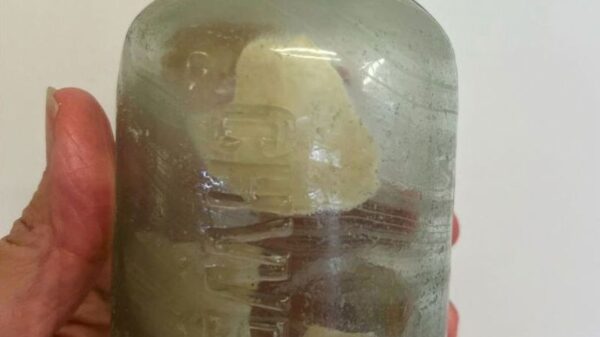A new oral treatment for hypercholesterolemia, enlicitide decanoate, has successfully achieved all primary and key secondary endpoints in the pivotal CORALreef Lipids trial. Conducted by Merck, this study was announced on September 2, 2025, and focused on adults at heightened risk for atherosclerotic cardiovascular disease.
The results indicated that participants treated with enlicitide experienced a statistically significant and clinically meaningful reduction in low-density lipoprotein cholesterol (LDL-C) compared to those receiving a placebo after 24 weeks. Additional reductions were observed in non-high-density lipoprotein cholesterol (non-HDL-C), apolipoprotein B (ApoB), and lipoprotein(a) [LP(a)].
Trial Details and Outcomes
The CORALreef Lipids study was a phase 3, randomized, placebo-controlled, double-blind trial involving 2,760 participants. These individuals were either already on stable lipid-lowering therapies, including statins, or had documented statin intolerance. The primary objective was to determine if enlicitide decanoate was superior to placebo in reducing LDL-C levels, measured through mean percent change from baseline at week 24.
Key secondary endpoints included changes in LDL-C at week 52 and assessments of other atherogenic lipids at week 24. Participants were randomly assigned in a 1:1 ratio to receive either enlicitide decanoate at 20 mg or a placebo, both administered daily for up to 52 weeks. Blood samples were collected at baseline and week 24 to evaluate the proportion of participants achieving LDL-C levels below 55 mg/dL and those with a reduction of at least 50% from baseline.
Despite the significant lipid-lowering effects, the trial reported no clinically meaningful differences in the occurrence of adverse events between the treatment groups.
Expert Insights and Future Directions
Dr. Ann Marie Navar, an associate professor of medicine in the division of cardiology at UT Southwestern Medical Center and a lead investigator of the study, emphasized the importance of these findings. “These data add to the growing body of evidence supporting the safety and efficacy profile of enlicitide to lower LDL cholesterol and other key atherogenic lipids,” she stated. She also highlighted the potential of enlicitide to help more patients achieve guideline-recommended lipid goals and reduce cardiovascular risk, which is currently being evaluated in an ongoing cardiovascular outcomes trial.
Enlicitide is regarded as potentially the first oral PCSK9 inhibitor designed to lower LDL-C cholesterol through the same biological mechanism as existing monoclonal antibody injectable PCSK9 inhibitors, but in a daily pill format. This small molecule macrocyclic peptide binds to PCSK9, inhibiting its interaction with LDL receptors, thereby enhancing LDL cholesterol clearance from the bloodstream.
Dean Y. Li, president of Merck Research Laboratories, remarked, “This is the third Phase 3 trial to demonstrate clinically meaningful and statistically significant LDL-C lowering for enlicitide. If approved, it has the potential to change the way we think about managing LDL levels, providing patients with a new option to help them meet their treatment goals.”
The CORALreef Lipids study forms part of the broader CORALreef Clinical Trial program, encompassing a series of phase 3 clinical trials assessing the safety and efficacy of enlicitide in various patient populations. As the medical community awaits further evaluations, the implications of these findings could represent a significant advancement in the treatment of hypercholesterolemia.




































































